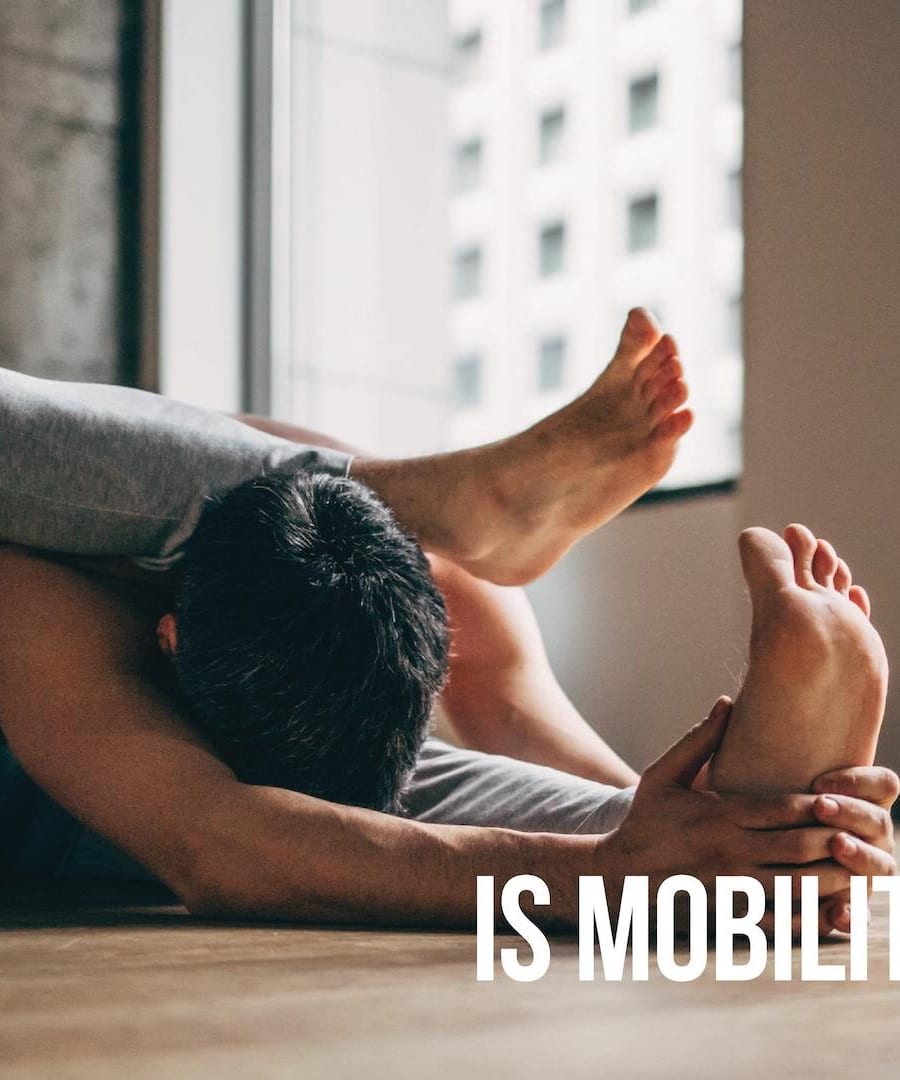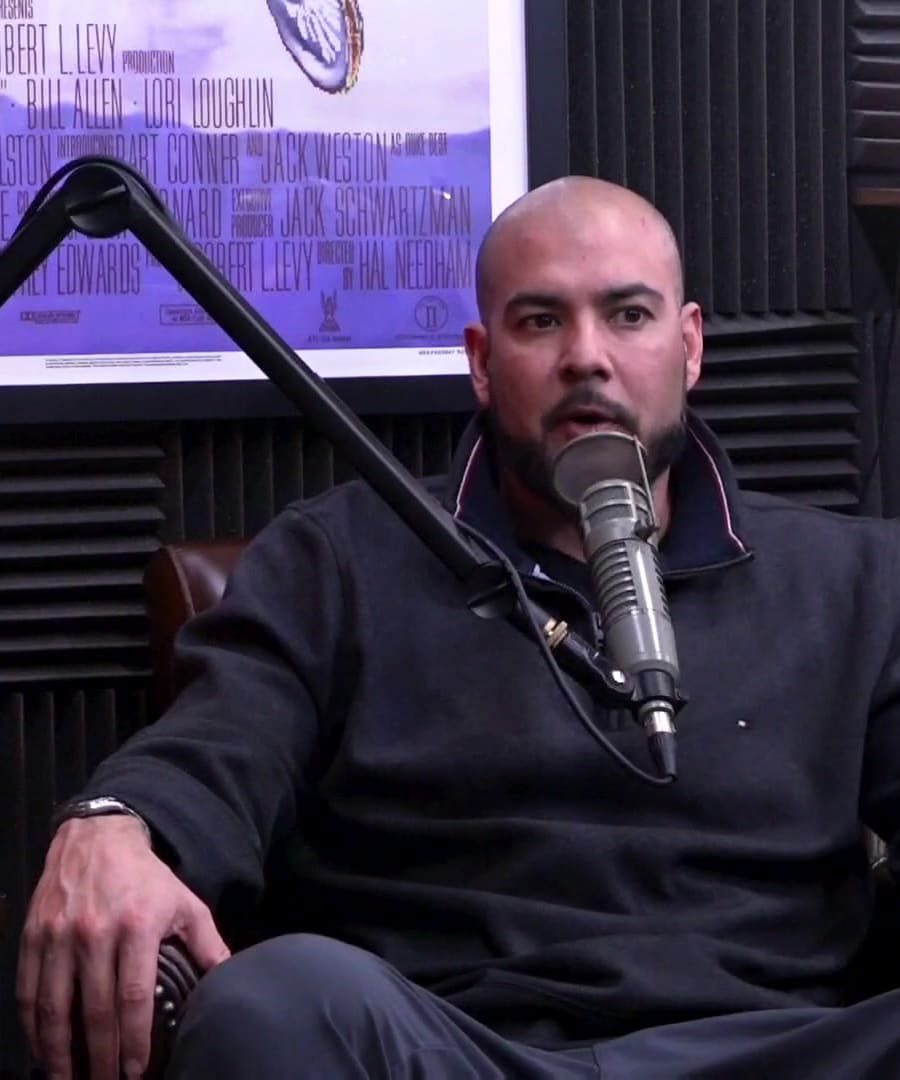Why do we lose fundamental movements?
Sources:
We lose fundamental movements primarily because our modern lifestyles often lack the activities that require us to practice these movements regularly. The hosts of Mind Pump Podcast, including and , discuss several reasons for this loss:
- Sedentary Lifestyles: Many people lead sedentary lives, spending a lot of time sitting and not engaging in physical activities that involve fundamental movements like squatting, running, or lifting correctly. This leads to losing the skill and strength required for these movements 1.
- Lack of Practice: Similar to how one might lose proficiency in a language if it’s not practiced, fundamental movements can be lost if not regularly performed. For instance, if you stop squatting, you will eventually lose the ability to do it 2.
- Inadequate Training: People often avoid exercises like squats or deadlifts due to discomfort or the misconception that they are not necessary. This avoidance, particularly without addressing the underlying issues causing discomfort, can lead to a decline in those movement abilities 3 2.
- Modern Exercise Trends: There's also a trend where some people focus on alternative exercises that might build muscle but don't maintain the functional aspect of fundamental movements. For example, leg presses might strengthen the legs but won't preserve the squatting ability 1.
Overall, maintaining fundamental movements is crucial because our bodies evolved to perform them, and neglecting these movements leads to a cascade of functional losses impacting overall health and mobility 4.
RELATED QUESTIONS



